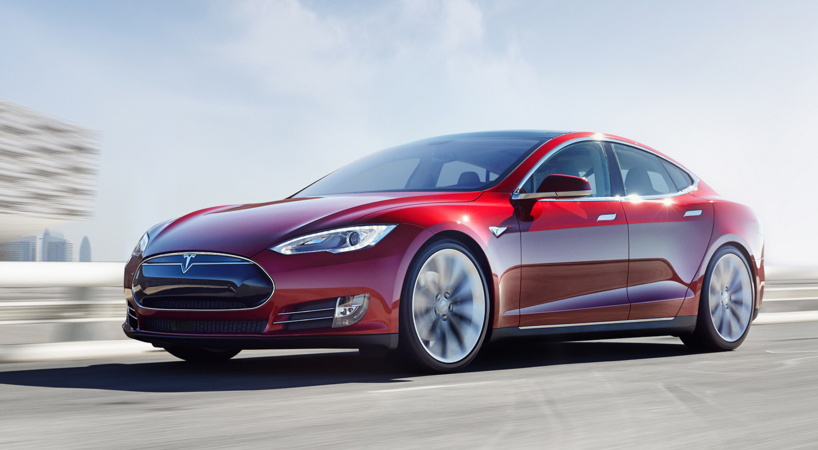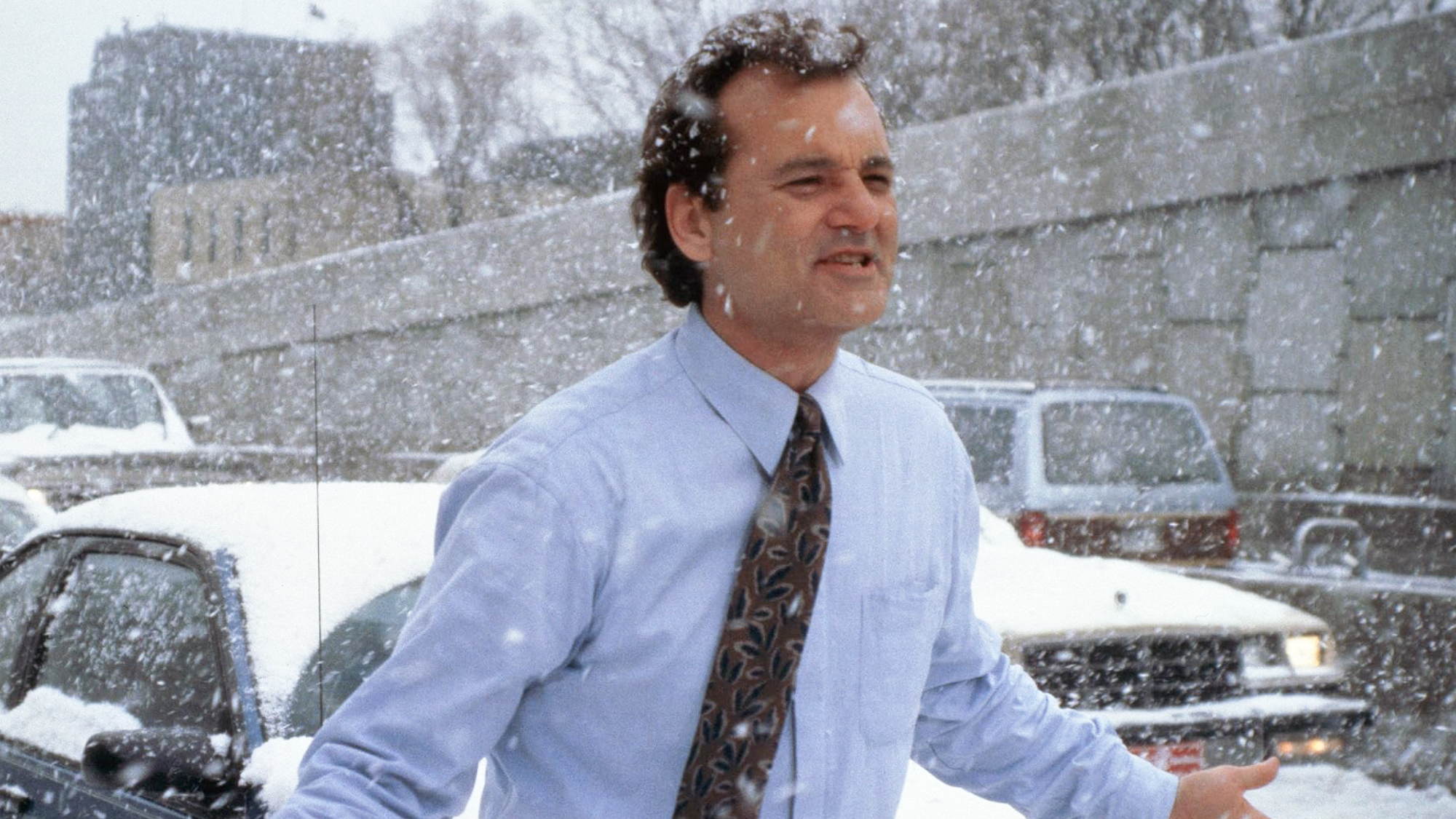Tesla just delivered bad news for self-driving cars — contradicting Elon Musk
No Level 5 self-driving cars in 2021, despite Elon Musk’s earlier prediction

Back in January, Tesla CEO Elon Musk said the company was “highly confident” that its cars would achieve full Level 5 self-driving autonomy in 2021. It turns out that just 41 days later, one of the company’s engineers was offering a less optimistic timeline to California’s regulators.
The revelation comes from a letter exchange, released by the legal transparency group Plainsite, between California's Department of Motor Vehicles and CJ Moore, a Tesla Autopilot engineer.
- The best electric cars right now
- Check out the best electric bikes
- Plus: How to watch SNL online: Elon Musk hosts Saturday Night Live
“Tesla is at Level 2 currently,” the note reads. “The ratio of driver interaction would need to be in the magnitude of 1 or 2 million miles per driver interaction to move into higher levels of automation.
“Tesla indicated that Elon is extrapolating on the rates of improvement when speaking about [Level 5] capabilities. Tesla couldn't say if the rate of improvement would make it to L5 by end of calendar year."
More directly, as spotted by Ars Technica, a redacted sentence that appears directly before this can still be copied and pasted and simply reads: “Elon’s tweet does not match engineering reality per CJ.” It’s not clear what tweet this refers to, as there don’t seem to be any Level 5 related content on Musk’s Twitter feed ahead of the March 9 publication date, though it’s possible something has been deleted.
Tesla Autopilot: What is Level 5?
In self-driving car terms, Level 5 is a car that is completely autonomous, while Level 0 is a vehicle with no automation at all. As the note suggests, Tesla vehicles’ Autopilot functionality is currently at Level 2, meaning it’s more in the realm of assistance rather than being trustworthy enough to drive unsupervised.
It’s quite a step up from Level 2 to Level 5, and this isn’t the first time that Musk has been overly optimistic with the development time scales involved. Back in 2016 he said he considered “autonomous driving to be basically a solved problem” adding that “I think we’re basically less than two years away from complete autonomy” (though he did add that regulators would take “at least another year” to approve the tech.)
Get instant access to breaking news, the hottest reviews, great deals and helpful tips.
By 2019, Musk had revised the estimate to the end of 2020, a prediction he again made last year stating that “there are no fundamental challenges remaining”, just “many small problems.”
If the notes between regulators and Tesla are to be believed, these small problems may be a bit bigger than the CEO anticipated.
Freelance contributor Alan has been writing about tech for over a decade, covering phones, drones and everything in between. Previously Deputy Editor of tech site Alphr, his words are found all over the web and in the occasional magazine too. When not weighing up the pros and cons of the latest smartwatch, you'll probably find him tackling his ever-growing games backlog. He also handles all the Wordle coverage on Tom's Guide and has been playing the addictive NYT game for the last several years in an effort to keep his streak forever intact.
 Club Benefits
Club Benefits






